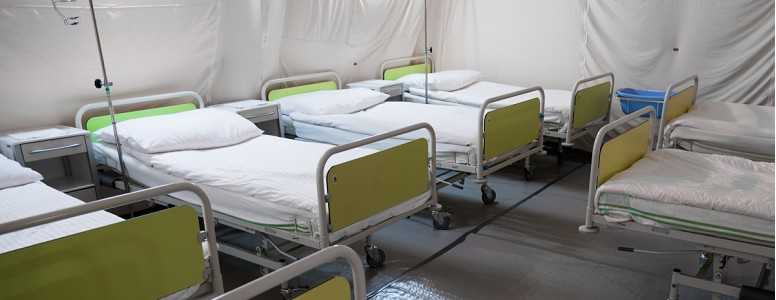An international campaign to help people with diabetes who have been forced out of their homes because of unforeseen circumstances has been launched.
The International Diabetes Federation (IDF) has estimated that around four million people with diabetes are forcibly displaced every year because of natural or man-made disasters.
If someone has diabetes and access to their medication is not available, the situation can be fatal. Therefore, the IDF wants to encourage agencies around the world to take action, by improving health services and access to essential diabetes medicines during emergency situations.
Poorly controlled diabetes over a long period of time can lead to complications, such as kidney failure, amputation, blindness and heart disease. However, many people often go undiagnosed, which can also be life-threatening.
IDF President Professor Nam H. Cho said: “People living with diabetes must be able to access the essential medicines and care they need to manage the condition and avoid its debilitating complications. For somen, this is a matter of life or death.
“Securing immediate access to essential medicines is a priority when people with diabetes are forced to flee their homes. The supply must be uninterrupted and provided at no or very low cost so that medicines are not priced out of the hands of those who need them most.
“All too often, the care for people with diabetes is overlooked in the response to a humanitarian crisis. We are calling for concerted action to make sure the healthcare needs of people with diabetes are not disregarded when disaster strikes.”
Governments and major international organisations are being asked to guarantee access to diabetes medication and care for all people with diabetes who are forcibly displaced. IDF is also asking organisations to increase funding to support health systems which may become overpopulated should an influx of people be forced to move within its treatment patch.
The campaign currently involves the International Committee of the Red Cross (ICRC), the United Nations Relief and Works Agency for Palestine Refugees in the Near East (UNRWA) and the World Health Organization (WHO). It is supported by a grant from the World Diabetes Foundation (WDF).
Jakob Sloth Madse, from WDF, said: “WDF is delighted support this effort to improve diabetes care in humanitarian settings. Our vision is to alleviate the burden of diabetes among people that are most vulnerable to the disease.
“Reducing the suffering caused by diabetes during crises is central to that vision – and a priority for WDF, given the growing number of displaced people worldwide.”





